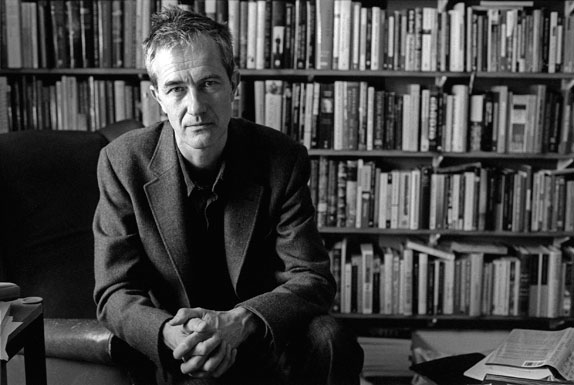Monday, 26 August 2013
Norbert Elias
http://www.norberteliasfoundation.nl/index.php

Only late in his long life did Norbert Elias (1897–1990) achieve intellectual celebrity, but since his death he has been recognised as one of the greatest sociologists of the twentieth century. He is most famous for his theory of civilising processes, but his ambitious vision for the scope of the social sciences extended to the whole development of human society from its earliest origins, including the long-term growth of knowledge and the sciences.
His writings extend to such diverse topics as violence, sport, ageing and dying, time, work, art, poetry, utopias and the relations between the sexes. He likened networks of interdependent human beings - 'figurations' as he called them - to a dance: in constant flux yet structured. His approach has come to be known as ‘figurational sociology’, or more generally – because its appeal is far wider than professional sociologists alone –figurational studies.

Sunday, 25 August 2013
The Woodcutters, Bernhard
"And as I went on running I thought: I'll write something at once, no matter what -- I'll write about this artistic dinner in the Gentzgasse at once, now. Now, I thought -- at once, I told myself over and over again as I ran through the Inner City -- at once, I told myself, now -- at once, at once, before it's too late."
‘Otherwise Known as the Human Condition’
such a fantastic thing to be able to arrange your time as you please...It just means you are responsible for yourself tpr.ly/f9wH1l

"What I am anti is this assumption that the novel is the only proving ground—that you are really more of a writer, as it were, if you are writing a novel. Really for me, there is no difference. It’s not like I really want to be a novelist and then there is other stuff I do in between novels, one subsidiary to another. In terms of fiction, the gap between what happens in life and what’s on the page is no greater or less, really, in the fiction than the nonfiction. Because some of it is made up in the nonfiction as well. It’s not like the books are depending for their interest on my having claimed to have some James Frey–like experience. It’s all pretty ordinary stuff. But I’m keen on this idea of—I guess I’d use the term the nonfiction work of art—being judged by all of the criteria used to judge novels."

"What I am anti is this assumption that the novel is the only proving ground—that you are really more of a writer, as it were, if you are writing a novel. Really for me, there is no difference. It’s not like I really want to be a novelist and then there is other stuff I do in between novels, one subsidiary to another. In terms of fiction, the gap between what happens in life and what’s on the page is no greater or less, really, in the fiction than the nonfiction. Because some of it is made up in the nonfiction as well. It’s not like the books are depending for their interest on my having claimed to have some James Frey–like experience. It’s all pretty ordinary stuff. But I’m keen on this idea of—I guess I’d use the term the nonfiction work of art—being judged by all of the criteria used to judge novels."
Friday, 2 August 2013
contemporary african art gallery
Tying the rooms together is the repetition of symbolism and the idea of play, learning and culture. As you progress through each room your thoughts develop, and through this process your interpretation of the knowledge you possess is challenged....
http://www.tate.org.uk/whats-on/tate-modern/exhibition/meschac-gaba-museum-contemporary-african-art
http://www.tate.org.uk/whats-on/tate-modern/exhibition/meschac-gaba-museum-contemporary-african-art
Subscribe to:
Posts (Atom)


